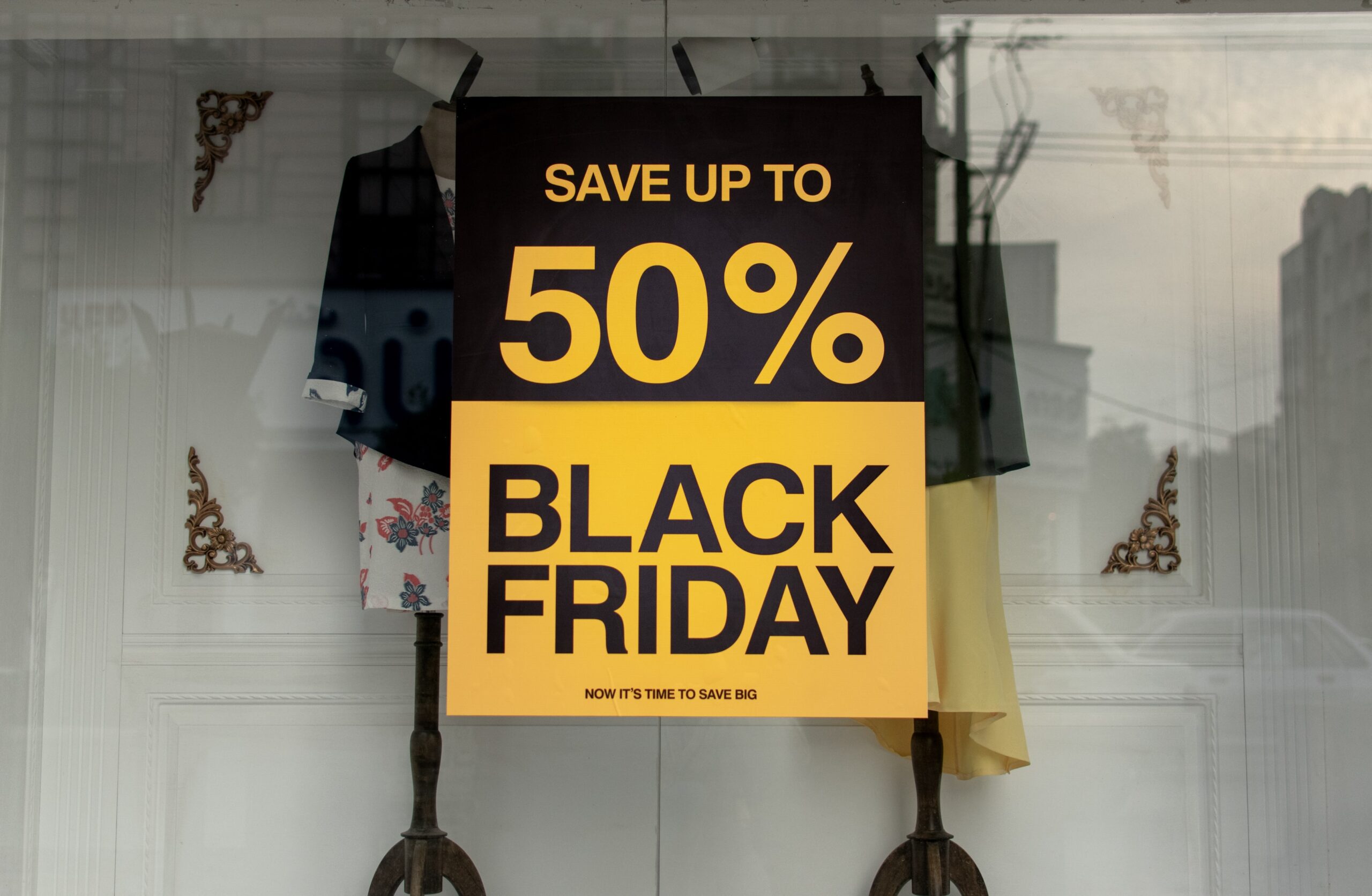Black Friday is a shopping day consumers are familiar with given that in 2020 and 2021 more than 40 per cent of consumers planned to shop on the day, according to Statista.com.
This is when shopping centres, individual retailers and online websites promoted sales starting from 20 per cent off, to 50 per cent or more.
In the past, Black Friday used to be a one-day event. But it now lasts a whole week or more at many retailers. It now begs the question whether this part of the holiday shopping extravaganza is something consumers still enjoy.
Tony Hernandez, director and Eaton Chair of Retailing at the Centre for the Study of Commercial Activity (CSCA) at Toronto Metropolitan University, said retailers now kickstart their sales early to maintain consumer excitement throughout the week.
“Black Friday has been stretched out to include Cyber Monday,” Hernandez said. “Retailers essentially want to provide consumers with the same level of excitement around a one-day deal but with the convenience of spreading out the deals over a number of days.
“This prolonged sales period provides convenience for consumers and also a way for retailers to know how much they need to, or not, the level of sales discount,” he said.
Excitement to get the best discounts on the exact day still fuels many people to shop on Black Friday.
“I enjoy it,” Mahbano Ibrahim, a shopper, told Humber’s Et Cetera. “The fact that there’s a lot of sales happening, it’s good for me and I wait for the time to do all my shopping in November.”
Another reason that sales begin earlier is because retailers want to get a jump on their competitors.
“If they start early, they hope more people will basically come out to buy from them as opposed to a competitor that’s just using the Friday as their sale day,” said Tim Berry, professor of economics at Humber College.
However, Black Friday isn’t necessarily for everyone as in 2022 only 28 per cent of consumers planned to shop on Black Friday, according to Statista. Some consumers balk at the price mark up because they’ve seen prices plummet on the day, as a marketing ploy to get people in the door or shop online.
“Businesses use this opportunity of the event to push [or] sell their products to the market to get rid of their old inventory,” said Paula Chan, an employee of the Home Base online retail platform. “Some businesses tamper with their prices. For instance, if the original price is $20, they would put a sticker on it to promote it on sale, but the tag is still the same price.”
Retail experts advise that when it comes to seeking the best deals, especially during the holidays, it’s good to remember the old adage, “Buyers beware.”
“With consumers now able to easily compare prices online and even look at price changes over time, retailers need to carefully select their price points and ensure they are providing a true deal for their customers,” Hernandez said.
Berry said everything is up to consumers.
“It’s up to the consumer to educate themselves on what the average price is and whether this is a good deal or not,” he said.
From an economic standpoint, price mark-ups are a strategy.
“That’s retail strategy. A lot of companies use deep discounts as a sale to attract customers, so it does drive demand over certain periods of time,” Berry said. “But when you’re putting everything on sale, Black Friday is now Black Friday week, and Black Friday month loses some of that impact.”

